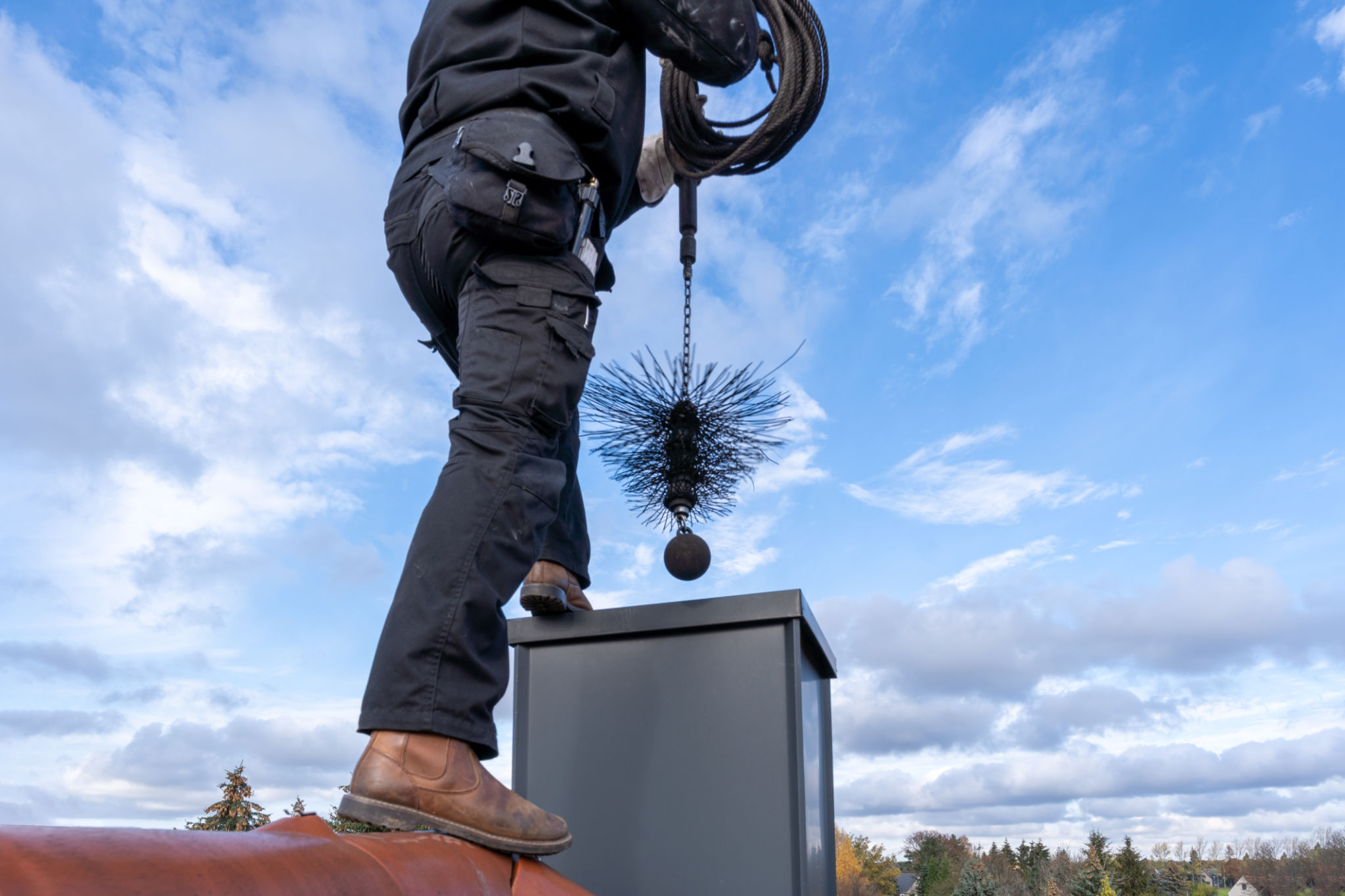Preparing for Seasonal Fire Safety in New Jersey: Tips and Tricks
Understanding Seasonal Fire Risks in New Jersey
In New Jersey, each season comes with its unique set of fire risks. While winter might pose threats from heating equipment, summer can bring wildfires. Understanding these seasonal risks is the first step toward effective fire safety preparation. Residents should be aware of both natural and man-made hazards to ensure comprehensive protection.

Winter Fire Safety Tips
Heating Equipment Safety
During the colder months, heating equipment becomes a necessity in New Jersey homes. Ensure that all heating devices are well-maintained and inspected annually by professionals. Keep flammable items at least three feet away from heating equipment such as space heaters and fireplaces.
Carbon Monoxide Awareness
Carbon monoxide (CO) poisoning is a silent danger during winter. Install CO detectors in your home and check their batteries regularly. It's important to never use ovens or grills as indoor heat sources, as they can emit CO.

Spring and Summer Fire Safety Strategies
Outdoor Fire Hazards
As the weather warms, outdoor activities increase, along with potential fire hazards. Ensure that grills are placed at least 10 feet away from any building structures when in use. Always supervise barbecues and have a fire extinguisher nearby.
Wildfire Preparedness
Although New Jersey isn't known for massive wildfires, dry spells can increase the risk. Create a defensible space around your home by clearing away dead vegetation and maintaining a healthy lawn. Consider having a wildfire action plan in place for your family.

Fall Fire Safety Considerations
Chimney and Fireplace Maintenance
The arrival of fall often means the return of cozy fires in the fireplace. Before lighting the first fire of the season, have your chimney inspected and cleaned by a certified professional to prevent chimney fires.
Outdoor Burning Regulations
Many communities have specific regulations regarding outdoor burning during the fall. Familiarize yourself with local laws and obtain necessary permits if required. Always supervise any outdoor burning and keep a water source nearby.

Year-Round Fire Safety Practices
Regardless of the season, some fire safety practices should be maintained throughout the year. Install smoke alarms on every level of your home and test them monthly. Develop an emergency escape plan and practice it with your family at least twice a year.
Remember: Fire safety is a continuous effort that requires vigilance and preparation. By understanding seasonal risks and implementing appropriate measures, you can protect your home and loved ones year-round.
